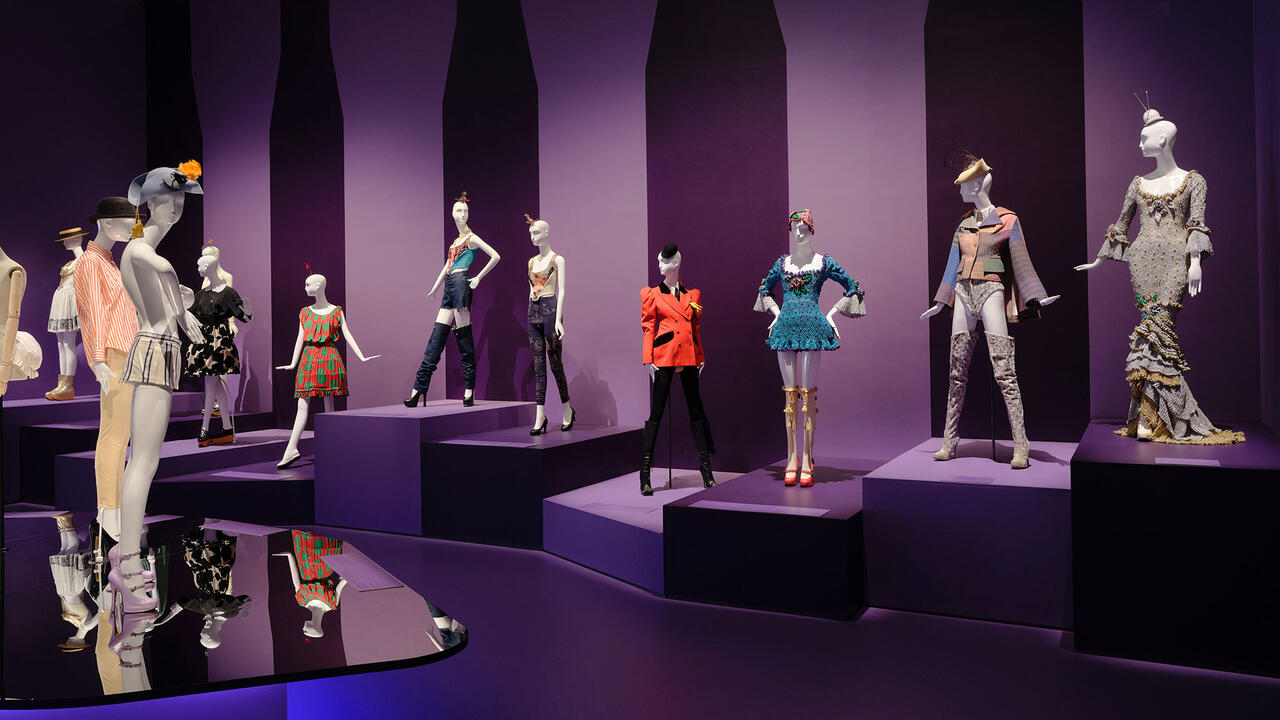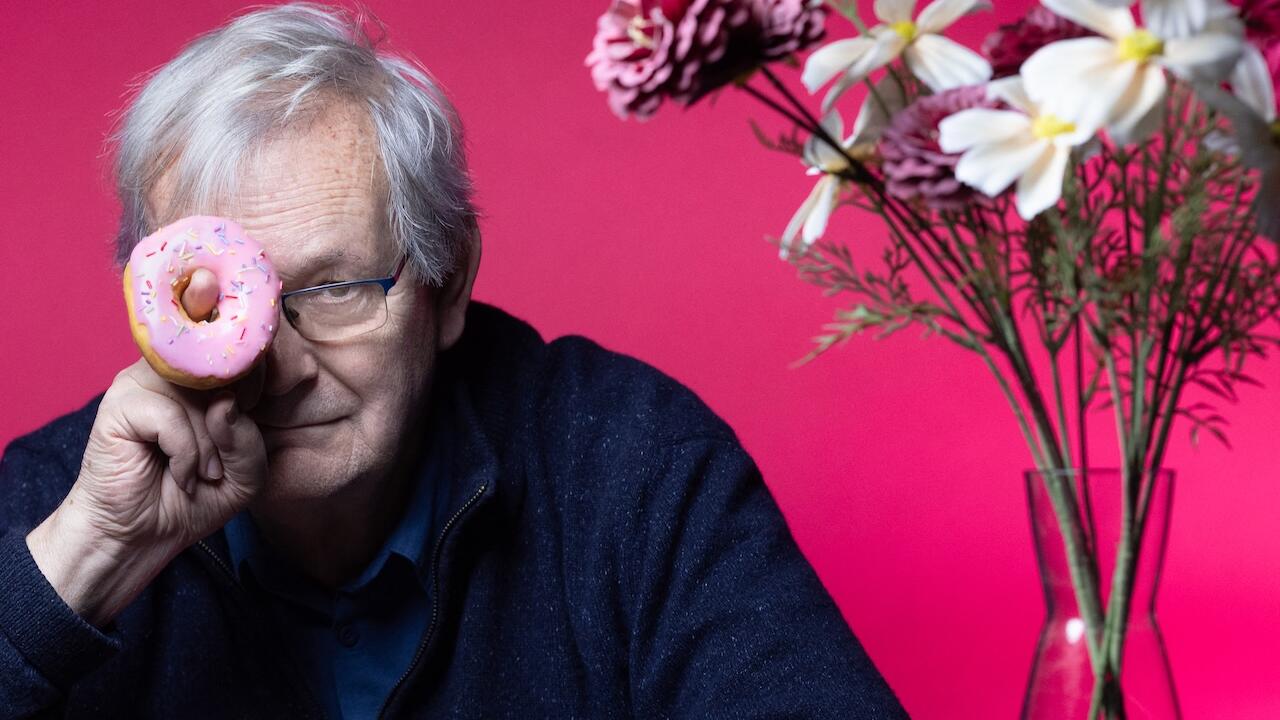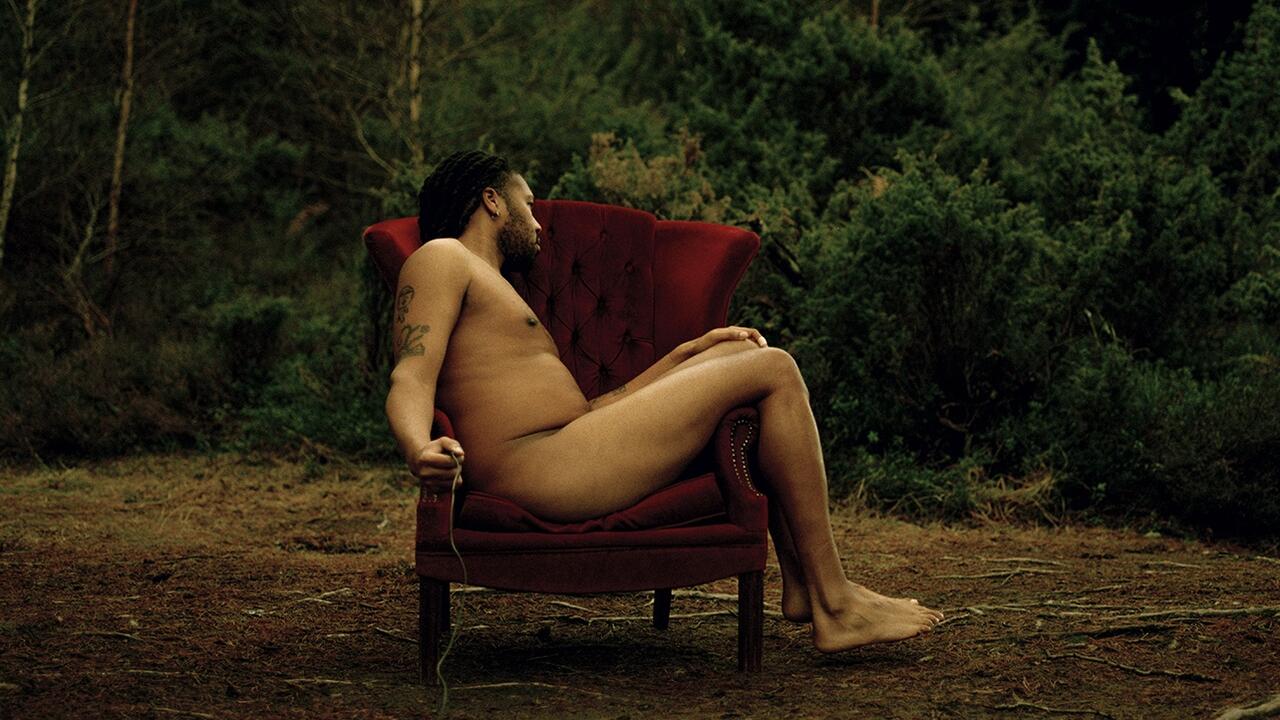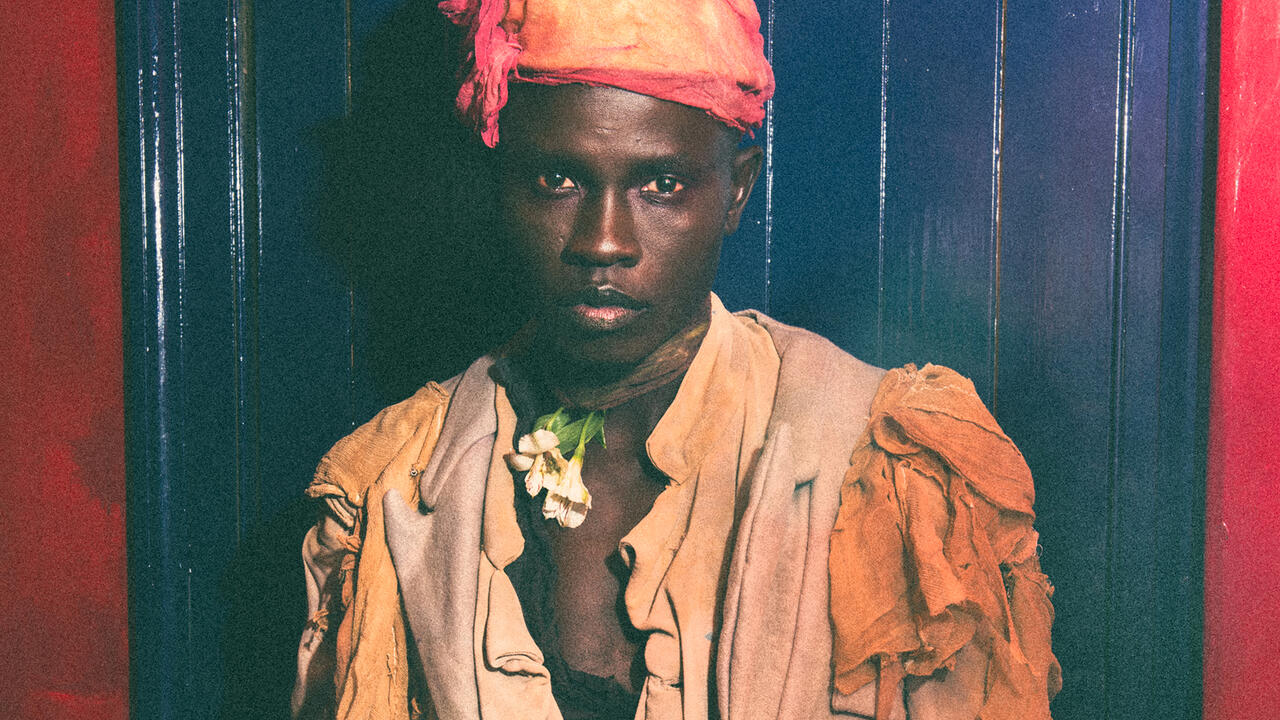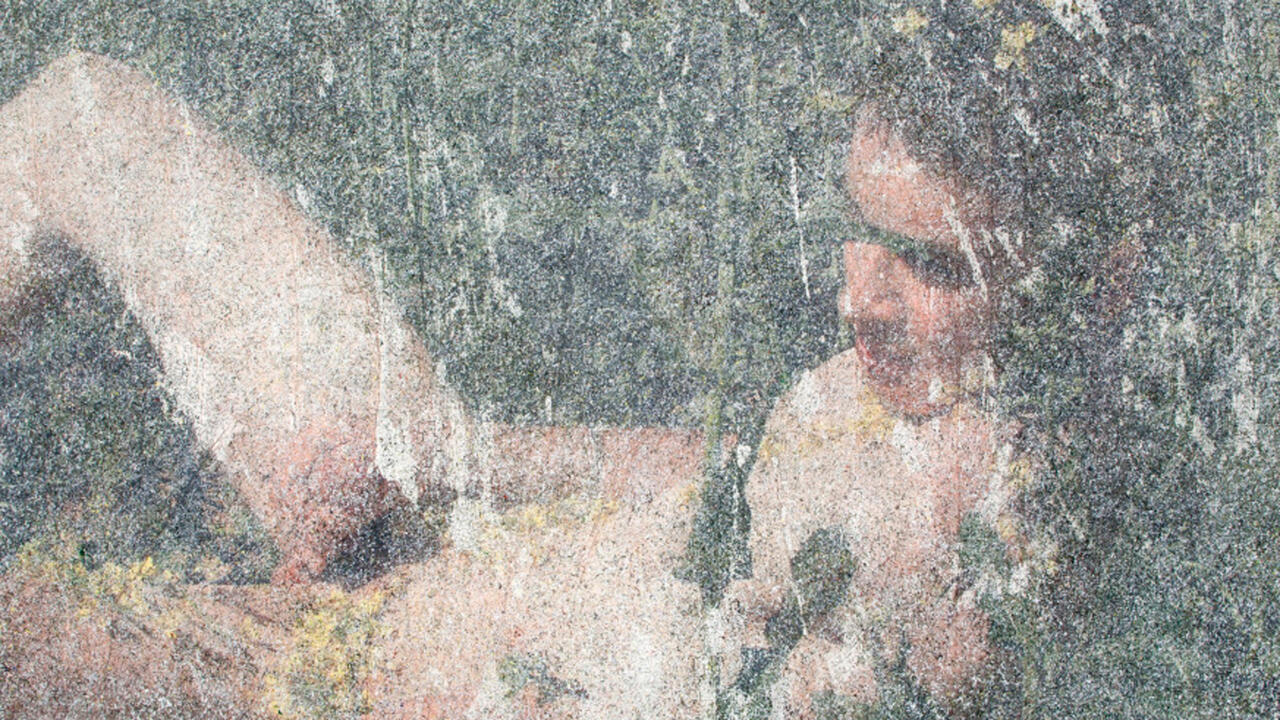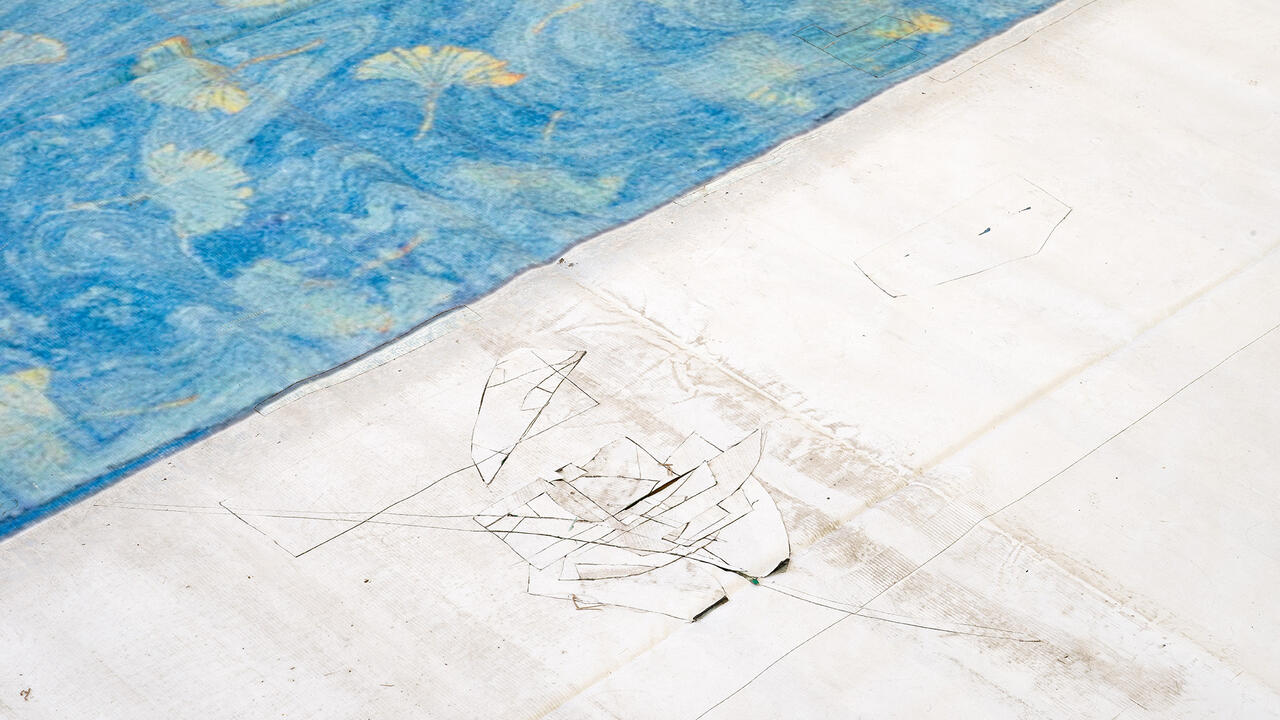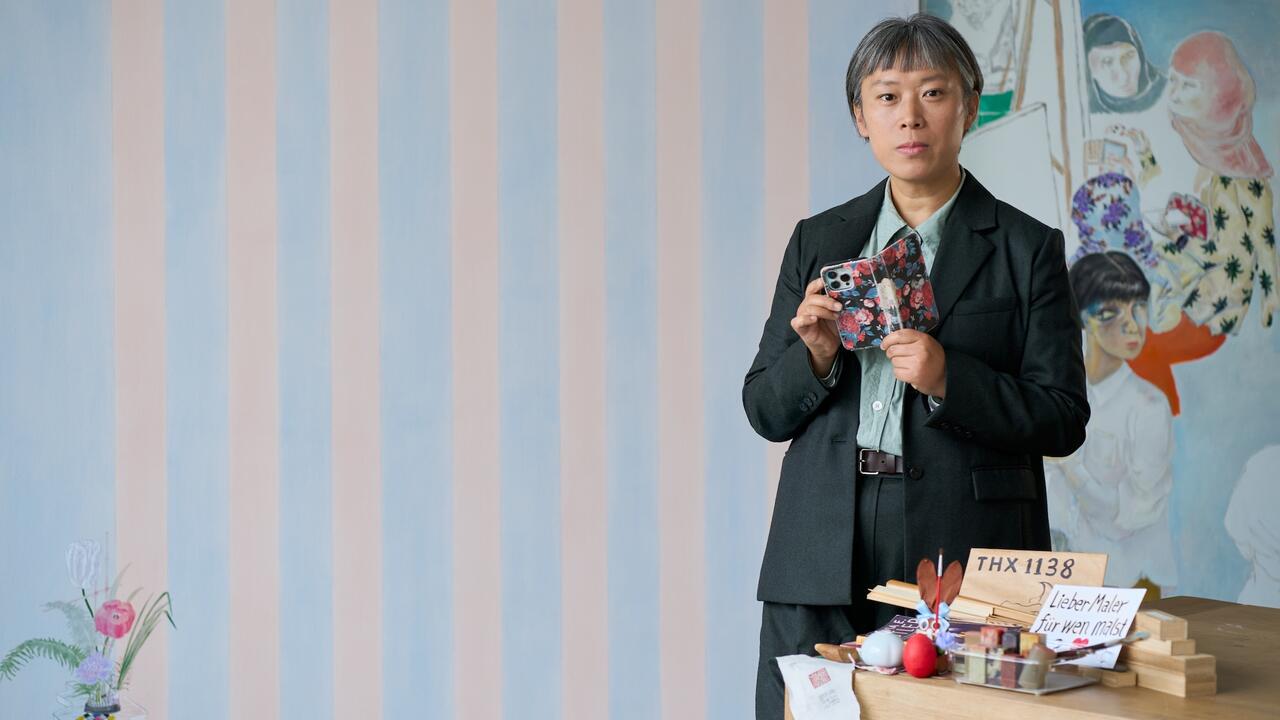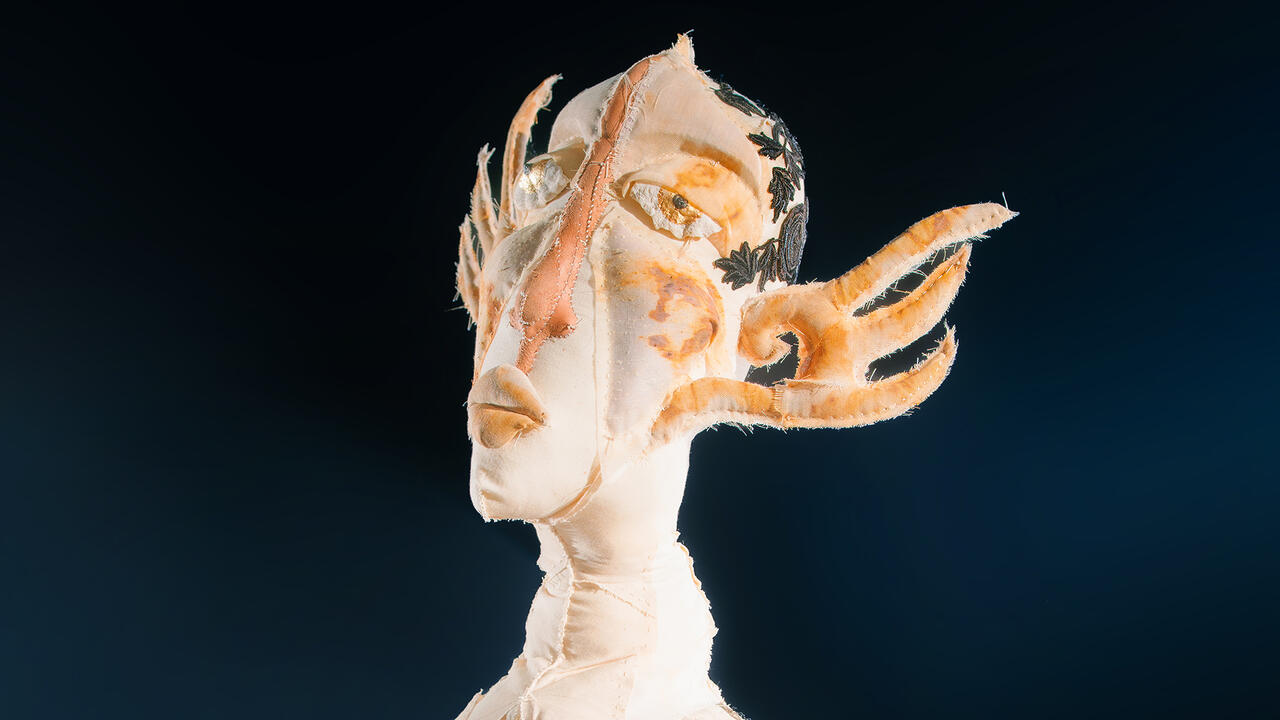The Legacy of Ren Hang
Two years after his untimely death, the Chinese photographer continues to shape a generation of young image-makers
Two years after his untimely death, the Chinese photographer continues to shape a generation of young image-makers

Models in blood-red lipstick and nail polish set against stark white backgrounds, illuminated by simple point-and-shoot camera flashlight: the works of the late Chinese photographer Ren Hang are instantly recognizable. His subjects’ poses are extraordinarily beautiful: provocative, almost pornographic at times, yet impeccably choreographed, never vulgar, conveying the intensity of emotion between model and photographer. At the core of Ren’s aesthetic lies the simple joy to be found in capturing the magic in the mundane. Yet, his seemingly minimal approach to image-making belies the complex technical and intellectual processes behind it.
Ren’s career was cut tragically short, at the age of just 29, in 2017. Yet, his distinctive visual language – explored in depth in a current retrospective of his work at the Maison Européen de la Photographie in Paris – created a legacy that has already gone on to inspire the next generation of young photographers.
Despite its improvisatory appearance, Ren’s working method was, in fact, one of careful composition and meticulous execution. He could create the most impossibly beautiful or complex images with the simplest of tools: a naked human body. Having viewed the shoot location and established the model’s willingness to participate, Ren would then oversee every detail of the final image – from styling, make-up and hair to pose and facial expression – as though it was all already crystal clear in his mind. He would sometimes tell jokes to put everybody on set at ease, then slowly guide the models towards more boundary-pushing poses. Yet, there were never any mood-boards or plans: everything depended entirely on his state of mind, the subjects and the environment in that moment. Ren had extremely strong opinions regarding what he thought was or wasn’t beautiful, and he would never settle for taking a photograph that he did not deem to be perfect.
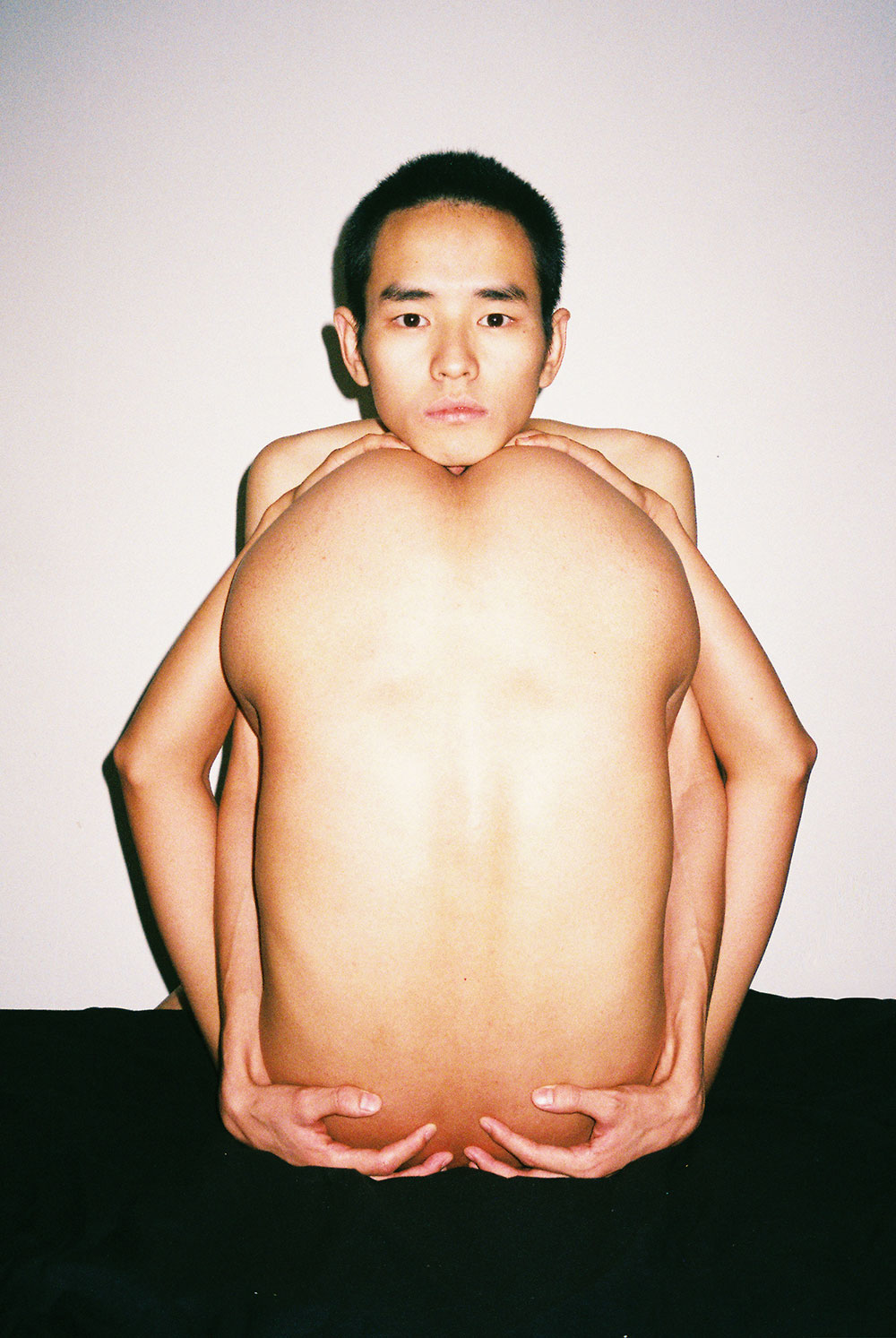
As a close personal friend of the artist, and having modelled for him in various projects, I have been keen to see how the next generation of artists has responded to his work in different ways, and how those who were his models and friends are now at the forefront of carrying forward his legacy.
Fish Zhang, a Tokyo-based, Chinese model-turned-photographer, was one of Ren’s earliest muses, dating back to her student days in Beijing. Fish is currently creating waves in the fashion and creative industries with her sharp and quirky photography, showcasing subjects from female sexuality to everyday weirdness. It is not difficult to spot Ren’s influence on Fish’s work, but she takes the nudity, the young models and the flash-bleached colour palette down a different path. ‘His working mode definitely influenced my work, and it built the foundation of my own aesthetic,’ she tells me. Fish was inspired to become a photographer after Ren started documenting intimate moments of his friends’ lives around the globe and began publishing monthly magazines of his work. ‘I’ve known and modelled for him for so long that, of course, his style of composition, how he asked models to pose and how he handled colour are rooted in my head.’
Much of Ren’s influence and appeal stems from the homemade nature of his aesthetic. You don’t need a full studio or complex lighting to take beautiful pictures, his images seem to say. A point-and-shoot camera with a flash, combined with your own vision for the composition and the message you want to communicate, is enough to create outstanding photography. This same spirit can be found in the works of artists who inspired Ren, such as Nobuyoshi Araki, Terry Richardson, Juergen Teller and Wolfgang Tillmans.

On-Ying Lai and Jason Mui, founders of Hong Kong-based fashion label Yat Pit, are also part of the close-knit network of Ren’s friends and models. The brand’s aesthetic is inspired by the vibrant neighbourhood of Sham Shui Po in Hong Kong where traditional, working-class street hawkers and local grocery stores can be found amid the city’s faded grandeur. Not only did the creative duo pose for Ren in several photography series, their brand’s launch campaign and books were shot and art-directed by him, laying the foundation for Yat Pit’s identity, which went on to take the fashion industry by storm. ‘Ren took inspiration from artists and photographers everywhere, yet he was able to transform it into his own language,’ Lai told me. ‘I hope people who love him and are inspired by him will likewise drive their vision forward to create their own signature styles and turn his legacy into a movement.’
Ren was a fan of Cantonese pop music from the 1980s and ’90s, which brought him to Hong Kong many times and led to him shooting in the city’s lush natural landscape. ‘Not only did we adore him as a person, his work inspired us so much that it continues to make us stronger as designers, stylists and photographers,’ says Mui. ‘There will never be another Ren but there will be generations of creatives who look up to him and celebrate his work in one way or another.’
‘I wouldn’t say Ren created a brand-new style of photography, but his photos are visually incredibly powerful,’ adds Fish. ‘Especially if you read his poems, which convey the same emotions and messages.’ Alongside his photographic practice, Ren continuously wrote poetry that explored extremely personal, emotional and oftentimes erotic thoughts and feelings. Aligning perfectly with his visual aesthetic, Ren’s poetry offers an even deeper insight into his mental state.
While young photographers may increasingly be taking pictures in ‘Ren Hang style’ – imitating his visual language and using similar techniques – their work only truly succeeds when, like Ren, they grapple with their inner consciousness to produce something wholly personal. Ren inspires not only for his methodology and aesthetic but for how he stays true to his instincts. Realize your identity, dreams and desires in your own unique way: that was the message at the heart of Ren’s work and will forever remain his legacy.
Main Image: Ren Hang, Untitled 27, 2012. © Estate of Ren Hang. Courtesy: Estate of Ren Hang and Blindspot Gallery, Hong Kong








